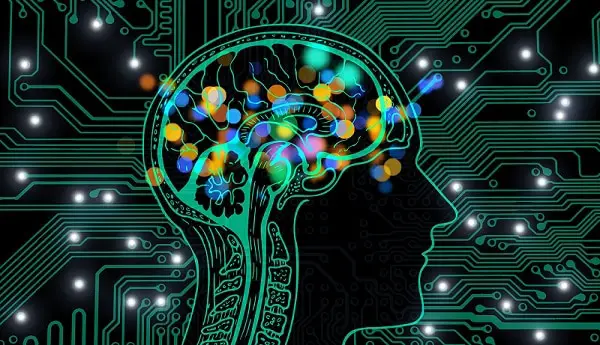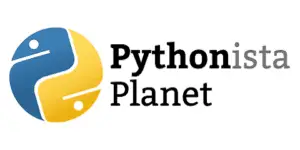
When it comes to deep learning applications, we often focus on projects that are either fun or directly impactful. For instance, you might think of using deep learning to classify cats and dogs as particularly fun and inventive. Or you might appreciate the technology’s use in facial detection when it helps you to unlock your phone!
Even aside from these kinds of applications though, deep learning is also being woven into the fabric of modern life in ways we don’t always see.
One example I’ve taken a particular interest in is that deep learning may soon be widely applied to PCB maintenance. So, I want to take a look into this idea…
What is a PCB?
PCB stands for “printed circuit board,” which is the small object embedded in just about every modern tech device, and which basically turns commands into function. Basically, you flick a switch, the signal is sent across connections on a PCB, and a device responds. It can of course be a little bit more complex than that, but the basic idea really is that simple.
The process of designing a PCB involves human engineering and advanced software (though some automation is involved in some cases). In fact, anyone today can download circuit maker software, read up on designs and watch tutorials, and then start creating.
You yourself could become a PCB designer in a fairly short time if it’s something that interests you! And because it’s such an accessible form of electrical engineering, there is constant innovation and improvement. PCBs have grown vastly more sophisticated over time, and are now more reliable and more capable than ever before.
With that said though, PCBs can still be prone to error. Even a very well-designed circuit board can experience issues that compromise functionality. And that is where deep learning can come into play.
Deep Learning & PCB Maintenance
In theory, we could (and likely will) see deep learning applied to general PCB design. I’d be surprised if it doesn’t happen in the next five years, though I also believe there will be an enduring human component to design and engineering. What’s being discussed already though is that deep learning can be used to monitor PCBs and mitigate some of the potential issues I discussed above.
Simply put, the detection and classification of PCB errors can be performed by deep-learning applications. Typically, errors can be difficult to spot, and only become apparent once a problem has occurred and a thorough examination has been conducted. Deep learning, however, can provide an automated solution to detecting defects. This in turn makes it a lot easier to recognize, assess, and fix precise problems that arise in our electronics.
AI Sustaining Itself
The idea of deep learning solving issues of PCB error and deterioration is, in a vacuum, an exciting one. It applies deep learning to virtually all modern electronics, and in time it could make those electronics more reliable and more durable. But what really excites me about this example is that if you step back a bit, you can see it as an early example of AI that is sustaining itself — at least in a way.
While PCBs are used in countless devices, some of the most exciting innovation happening with these little tech building blocks is in the IoT. As we seek to expand the Internet of Things to bring about automated cars, smart homes, smart cities, climate solutions, and more, all sorts of tiny little sensors are in need of sophisticated PCBs.
And it is ultimately the combination of AI and the IoT that will make the best use of these devices and sensors. Thus, you can start to see a little bit of a loop.
Moving forward, AI and deep learning will be helping to build and maintain better PCBs for the very same IoT that AI will ultimately use to improve countless aspects of modern life.


